Sara Driscoll National Oceanography Centre
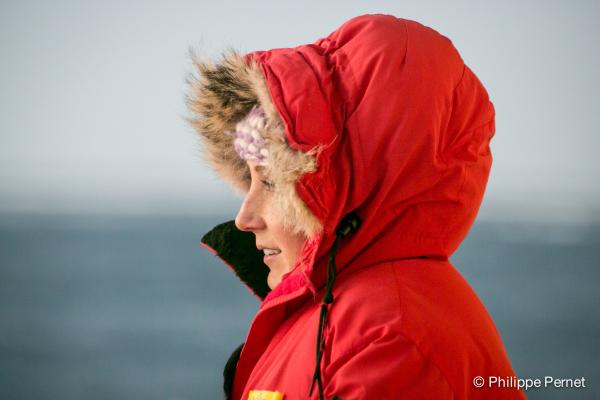
I have a dynamic background as an oceanographer, with my expertise gained through extensive hands-on experience at sea, in laboratory settings, and as an environmental consultant. My contributions include consistent involvement in biogeochemical and biological observations within oceanographic time-series programs. I have also participated in a collaborative effort on commercial fishery science in the Southern Ocean and successfully managed programs dedicated to monitoring stormwater. In my current role as an Applied Scientist at NOC, my primary focus is blue carbon. I am involved in ocean accounting for ReSOW and take the lead in researching the development of seagrass accounts using the Ocean Accounts Framework.
Tobias Ferreira National Oceanography Centre
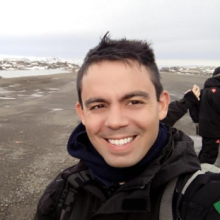
With over a decade of experience as an oceanographer and software engineer, I specialize in operational oceanography, real-time environmental data collection, and the comprehensive development of systems covering everything from data collection to processing, quality control, and visualization. In the realm of research, my primary interests revolve around data analytics, including big data processing, data visualization, and operational oceanography. Within the ReSOW initiative, I am set to assume the role of the developer for the Coastal Ecosystem Enhancement Decision Support (CEEDS) Tool, a pivotal component of the ReSOW UK project.
Clive Neil National Oceanography Centre
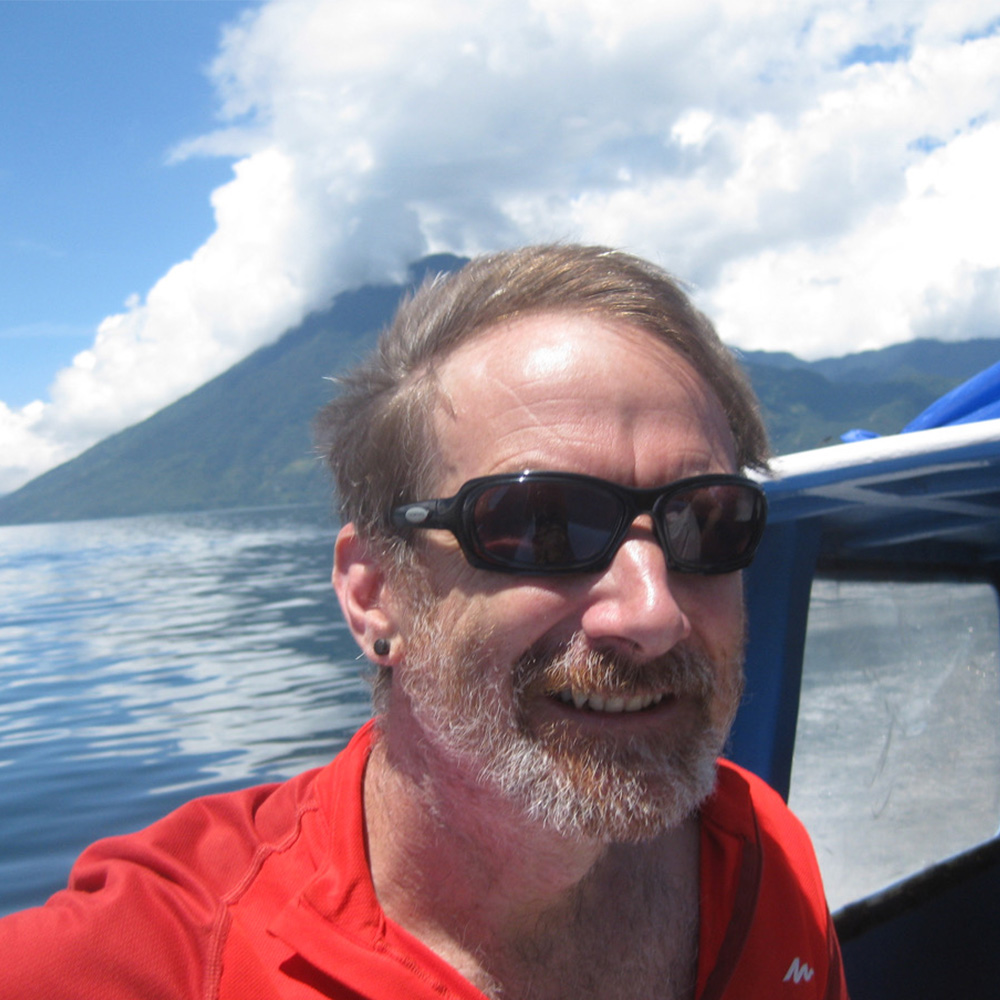
Following careers in Hydrocarbon Exploration industry and later as an IT consultant, I studied MSc Sustainability with Remote Sensing and GIS at Southampton University and have been working for the NOC (National Oceanography Centre) for 5yrs as an applied coastal satellite specialist. With an IT background I am interested in image processing of both passive an activate satellite sensor data and am motivated to use these skills find a more sustainable future for Earth systems. For ReSOW I will use optical satellite imagery to map seagrass using supervised classification techniques, starting at the case study sites and working away from the where the waters are sufficiently clear to allow light penetration. The multidisciplinary nature of the research will allow me to explore new opportunities of scientific collaboration and to focus on producing results that other teams can assimilate.
Dr Amani Becker National Oceanography Centre
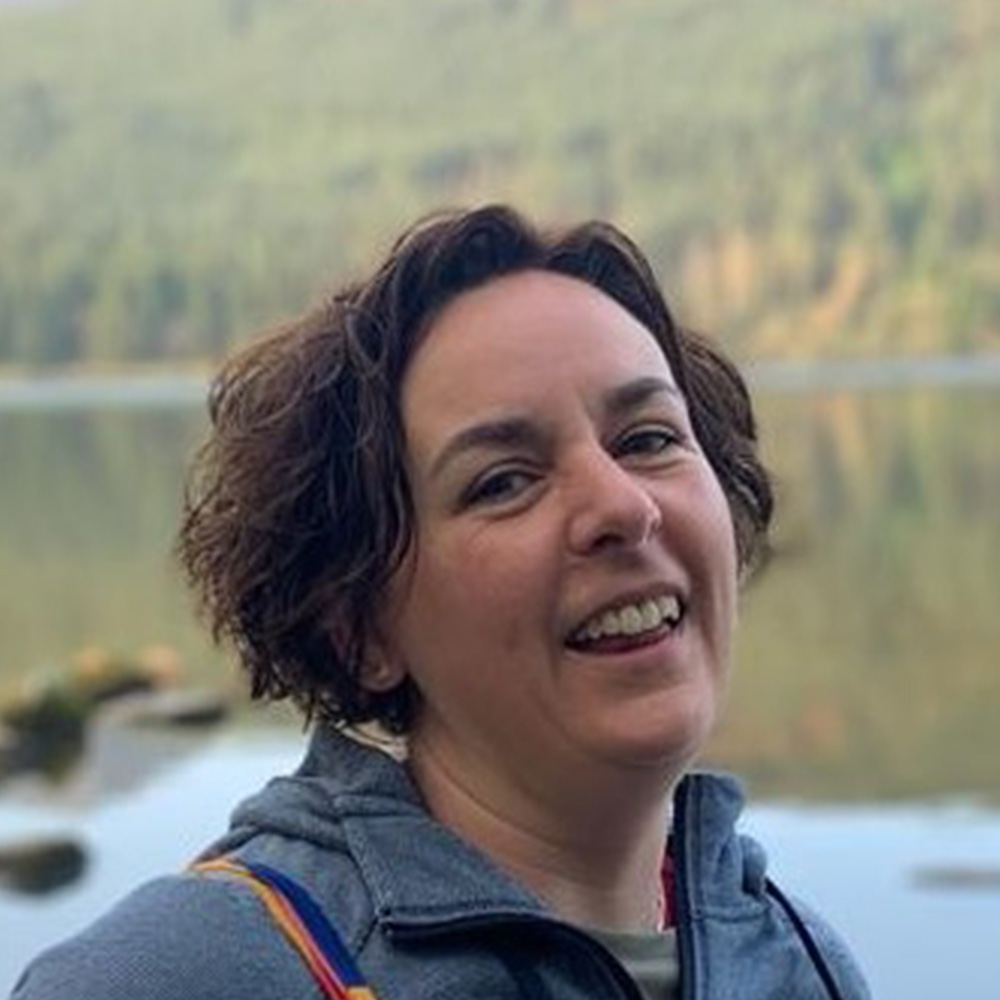
I’m a coastal scientist with expertise in microphytobenthos and sediment biogeochemistry. My research interests are centred on coastal processes and resilience, with a focus on stakeholder engagement, capacity building and achieving impact from research.
Within ReSOW I will be developing our understanding of blue carbon ecosystems, modelling the carbon storage and sequestration potential of seagrass meadows around the UK under three management scenarios over a 25-year period.
Anouska Mendzil Swansea University
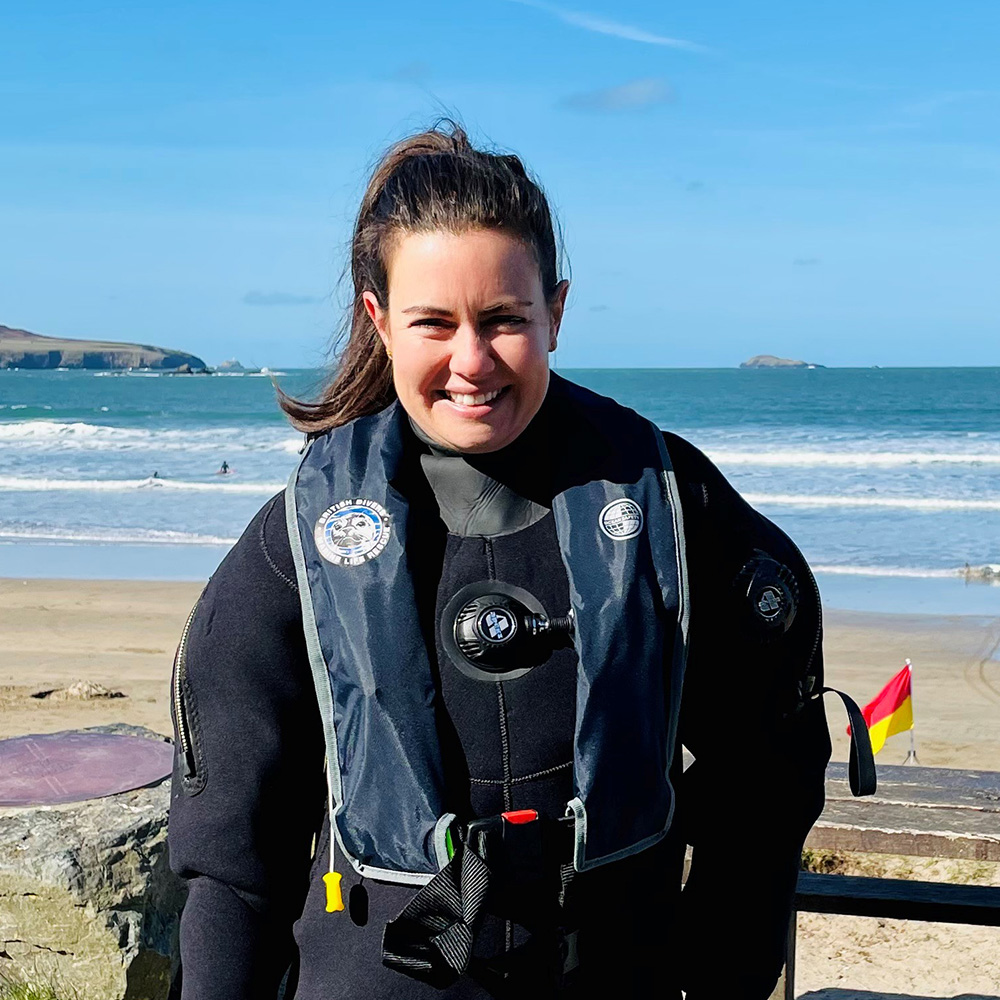
A multidisciplinary scientist with over 10 years in academia in coastal and marine research including ecological survey work. Previously working on the successful EU-funded SEACAMS and SEACAMS2 R&D projects, research has centred around monitoring and management of ecology around MRE devices. Research and expertise includes; acoustic monitoring of cetaceans including towed arrays, marine mammal and seabird surveys, fish surveys, tracking and tagging, sediment and heavy metal dynamics. With a CAA approved UAV pilot license much of the research focuses on drone-related surveys particularly seagrass surveys. Also working alongside Project Seagrass and Ørsted on seagrass restoration and conservation projects and delivery.
Within ReSOW Anouska will lead the fisheries supporting and provisioning services which aims to monetise seagrass support to fisheries using a fish residence index approach. Field campaigns in identified UK coastal seagrass restoration areas will collect data to add to existing databases to develop the SRI. Anouska will also assist on Habitat Suitability Modelling (HSM) to develop a UK wide assessment of seagrass.
Dr Chiara Bertelli Swansea University
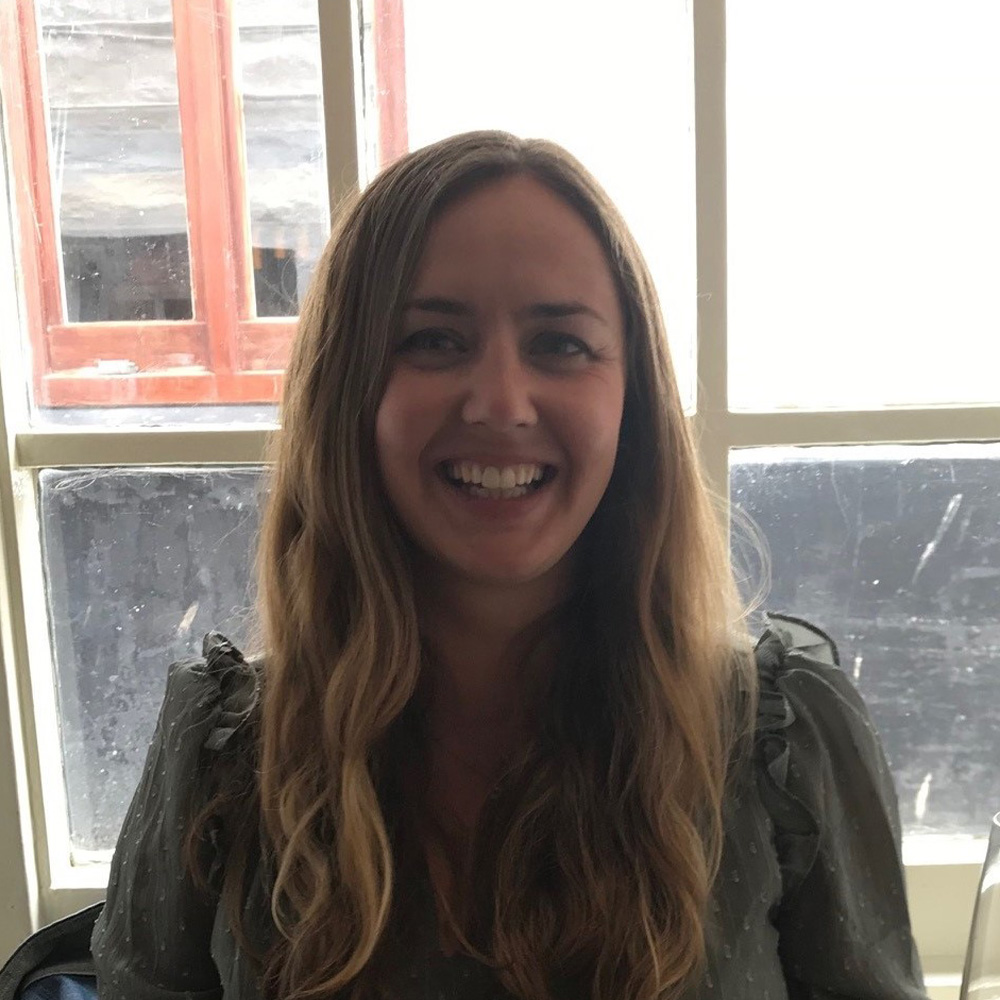
I am a marine biologist with over 15 years’ experience of coastal and marine ecological survey and research including boat-based marine mammal, fisheries and passive acoustic survey, SCUBA and snorkel surveys of temperate coastal habitats (mainly seagrass) as well as tropical coral reef. Research interests include seagrass ecology and restoration; benthic and fish taxonomy; acoustic monitoring of cetaceans; BRUVs; and marine conservation, monitoring and management in specific reference to the marine renewable energy sector.
I recently finished a part-time PhD looking at environmental drivers of change in seagrass meadows alongside her full-time job at SEACAMS2 at Swansea University. Over the past two years I have been working on habitat suitability modelling (HSM) for seagrass (Zostera marina) in collaboration with Project Seagrass for Sky Ocean Rescue and WWF and Natural England. Within the SMMR ReSOW project, I will be putting my seagrass expertise and experience of HSM to use towards the decision-making process for future seagrass restoration sites across the UK.
Dr Ally Evans Swansea University
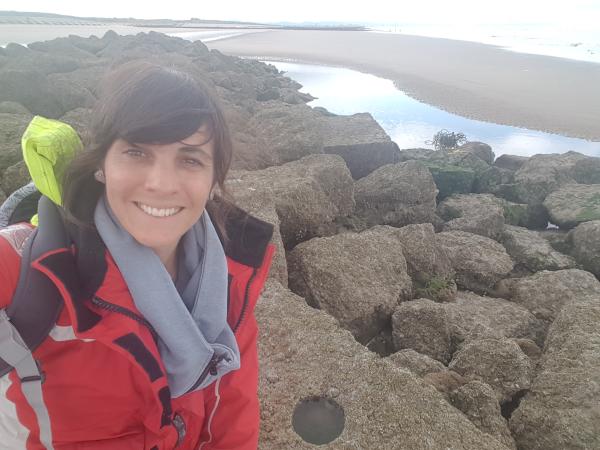
I’m a marine ecologist working at the science-policy interface of marine conservation management. My previous research has mostly focused on marine habitat enhancement and restoration, including of seagrass meadows in Wales. As part of the ReSOW project I’m working to understand how social and governance factors can be used and improved to support successful seagrass restoration at scale across the UK.